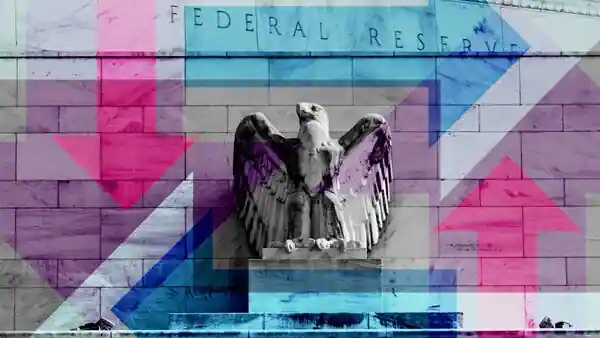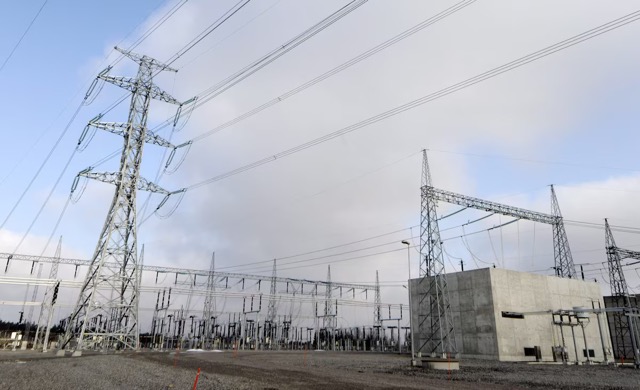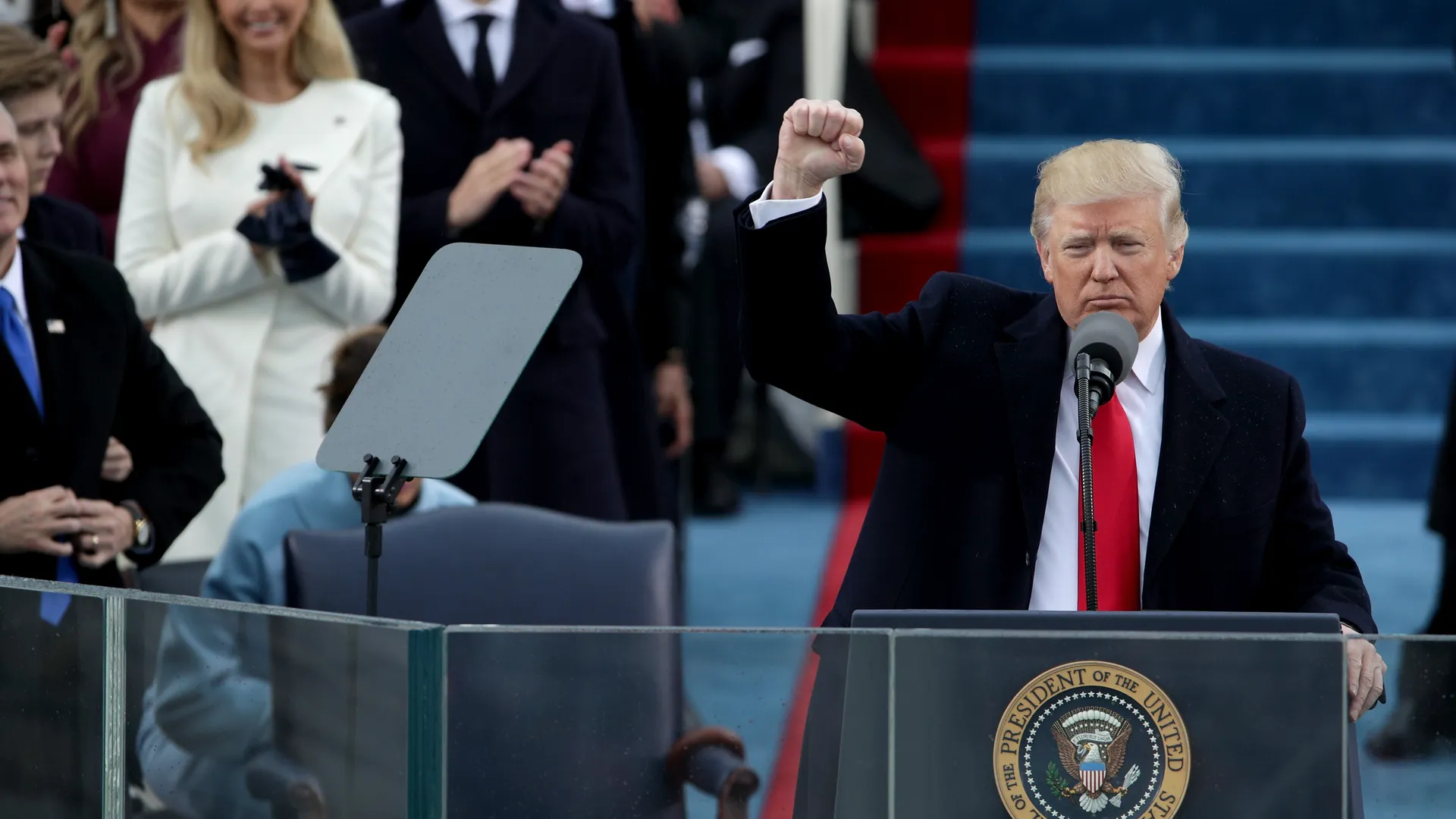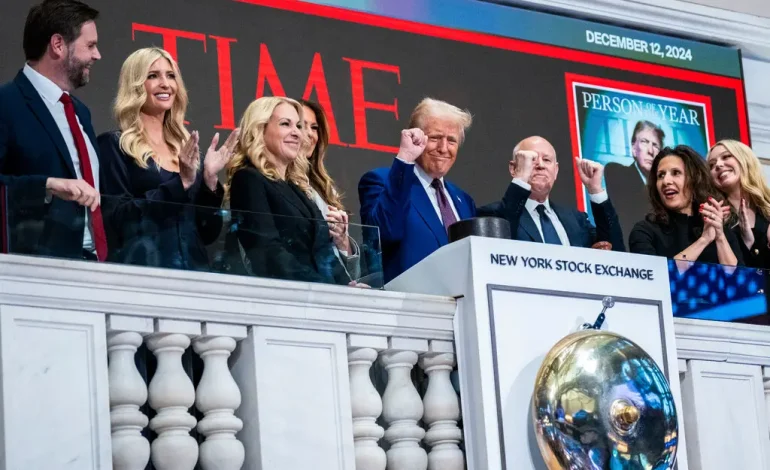Financial markets remain hopeful as investors emphasize favorable aspects of the president-elect’s agenda and downplay potential economic threats, the New York Times reports.
Since the election of President-elect Donald J. Trump, optimism has surged in financial markets and corporate boardrooms. Investors and executives are betting on policies they believe will boost markets, like tax cuts, deregulation, and immigration reforms for high-skill workers. At the same time, they are downplaying the likelihood of more controversial proposals, such as sweeping tariffs and aggressive immigration measures.
This selective optimism has fueled market gains, with the S&P 500 rising over 5% since the election. Many investors see the financial markets themselves as a safeguard against drastic actions, believing that Trump, who has historically viewed stock market performance as a measure of his success, will avoid policies that could cause significant market disruption.
However, some analysts warn that this confidence may be misplaced, as Trump’s history of surprising policy moves could challenge Wall Street’s expectations.
Wall Street investors are approaching Trump’s agenda with what some analysts have called “hope-ium” — a blend of optimism and wishful thinking. While there is enthusiasm about policies like tax cuts and deregulation, investors are brushing aside concerns about tariffs and immigration crackdowns as unlikely to materialize.
“A lot of people are using deductive reasoning and concluding that he’ll only do things that are good for the market,” said Julia Coronado, founder of MacroPolicy Perspectives. “They can ride this wave of hope-ium through the end of January,” she added, but cautioned that much of it “feels delusional.”
This approach is driven by past experience. During his first term, Trump sometimes backed away from bold proposals — such as a plan to remove the Federal Reserve chair — when markets reacted negatively. Investors believe this pattern will continue, especially since Trump places a strong emphasis on stock market performance as a key measure of success.
Wall Street’s confidence has been bolstered by Trump’s personnel choices, particularly his decision to nominate investor Scott Bessent as Treasury secretary. Bessent is seen as a seasoned market veteran with the experience to advise against extreme moves that could rattle investors.
Bessent’s appointment was widely seen as a reassuring signal that the new administration would take a pragmatic approach to market-sensitive issues. He has previously voiced skepticism about the broad use of tariffs, telling clients that while the “tariff gun will always be loaded and on the table,” it is “rarely discharged.”
Still, some point out that Trump often takes a hands-on approach to trade policy. Just a week before his appointment, Bessent published an op-ed endorsing the use of tariffs to protect American industry — a move seen by some as a sign of alignment with Trump’s trade vision.
This dynamic — a trusted Wall Street insider at Treasury but a president intent on managing trade policy himself — highlights the fragile nature of Wall Street’s optimism. If Trump prioritizes campaign promises over market logic, investors may be in for a surprise.
No policy underscores the gap between Wall Street’s hopes and Trump’s campaign rhetoric as clearly as tariffs.
During the campaign, Trump frequently praised tariffs as a powerful tool, calling them “the most beautiful word” in the English language. He vowed to impose hefty tariffs on goods from trading partners like China, Canada, and Mexico. More recently, Trump threatened a 25% tariff on imports from Canada and Mexico unless those countries took steps to curb the flow of drugs and migrants into the United States.
While such tariffs could raise prices, disrupt supply chains, and hurt corporate profits, investors have largely dismissed them as bluster or negotiating tactics. Edward Alden, a senior fellow at the Council on Foreign Relations, noted that Wall Street sees tariffs as a symbolic threat, not a reality.
“In the benign, Wall Street version of the plans, the White House would use tariffs as a negotiating tool without enacting them,” Alden said.
But he warned that investors may be underestimating Trump’s resolve.
“There’s no question he means it,” he added. “The first thing he said in his acceptance speech is: I will keep my promises. And that’s very much at the top of the promise list.”
Another source of optimism on Wall Street is the idea that Trump’s incoming administration will prioritize fiscal responsibility. Investors hope that his pledge to reduce government spending could narrow the federal deficit, which has ballooned in recent years.
In a bold move, Trump tasked Tesla CEO Elon Musk and entrepreneur Vivek Ramaswamy with leading the newly created Department of Government Efficiency (DOGE) — an initiative aimed at cutting government waste. Musk’s track record as an innovator has sparked both hope and skepticism.
“A lot of people have difficulty separating out their preconceived views of Elon Musk: If you think he’s the best, you think he’s going to be successful,” said Thomas Simons, chief US economist at Jefferies.
Others, however, view Musk as a “charlatan” whose unconventional methods may not translate to government bureaucracy.
According to Simons, the consensus view is “wait-and-see,” since significantly cutting federal spending is a monumental task. But he added, “Onlookers have learned to never underestimate Elon.”
While optimism on Wall Street is running high, it is also precarious. Investors are essentially wagering that Trump will prioritize market-friendly policies and avoid moves that could spook the financial sector. But that assumption has its risks.
If Trump chooses to follow through on his campaign promises — especially on tariffs — the markets could face a sudden reckoning. This dynamic echoes Trump’s first term, when investors often doubted his willingness to follow through on campaign rhetoric — until he did.
The split-screen view of Trump’s presidency — with some promises embraced as certain and others dismissed as posturing — could quickly collapse if he pursues policies that conflict with market interests.
As Edward Alden observed, “There’s no question he means it” when it comes to tariffs. This raises the possibility that Wall Street is underestimating the potential for disruption.
Wall Street’s current optimism about Trump’s agenda is a story of selective belief. Investors are focusing on the promises they like — tax cuts, deregulation, and deficit reduction — while dismissing the risks posed by tariffs and immigration measures.
This strategy has lifted markets and created a sense of calm in financial circles. However, analysts warn that the bet is fragile. If Trump’s campaign promises collide with market logic, the financial world may be forced to reassess its assumptions.









